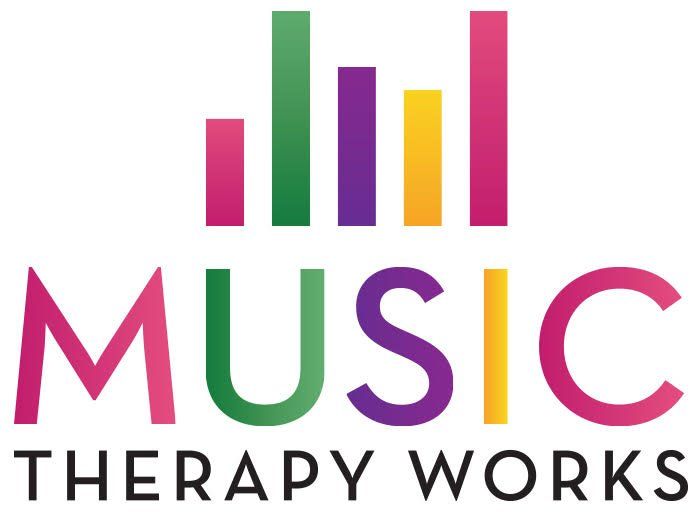Music therapy sessions promote psychological, neurological and physiological responses from individuals reducing stress; encouraging relaxation and improving emotional regulation.

Music therapists use a range of music-assisted techniques to support relaxation including:
- guided listening and imagery to increase positive thinking and to help process emotions
- shared music-making to facilitate feelings of connection
- singing and song-writing techniques to promote creative self-expression
- vocal toning to encourage positive physiological changes
- deep diaphragmatic breathing to experience greater connection with the breath
- consistent slow-tempo pulses and soft harmonies to match the body’s rhythms and pace
- progressive muscle relaxation (through tension / release exercise)
- mindful music listening - releasing worries; being present and staying focused
- journaling to music - keeping a record of thoughts, feelings, reflections and experiences to increase self-awareness
Offering opportunities for both verbal and non-verbal communication, a therapeutic music strategy can form part of an intervention plan which empowers people to address their emotional regulation needs and experience changes from negative to positive moods.
Music therapy for relaxation suits a wide range of clients and can be used:
- as a non-pharmacological intervention to reduce preoperative anxiety in children and adults
- with children and adolescents experiencing social, emotional and mental health difficulties
- to help address prenatal or postnatal depression
- to facilitate parent/carer-child attachment work
- for children experiencing problems such as familial stress, peer relationships, stress and anxiety
- for those in the performing arts industry who may benefit from music-based relaxation and stress management techniques
- for those in addiction recovery
- as part of a burnout prevention programme in corporate environments
Used in a group setting, music therapy relaxation techniques can quickly facilitate bonding, unified expression and a sense of connection between group members.
Music therapy for relaxation and emotional regulation can allow people to experience benefits such as:
- an increased sense of wellbeing
- less physical stress such as headaches and muscle tension
- improved feelings of engagement
- meditative and calmer states of mind
- feeling energised and revitalised
- feeling more present
- transforming anxiety, frustration and anger into creative music making
- finding effective tools to destress and boost their mood
Drum circles provide a relaxed environment with purpose and engagement which can empower individuals to remain focused.
- Mainstream and special schools
- Colleges
- Hospitals
- Hospices
- Corporate settings
For further information on how music therapy and relaxation sessions can support you or your organisation please contact chiefexecutive@musictherapyworks.co.uk


